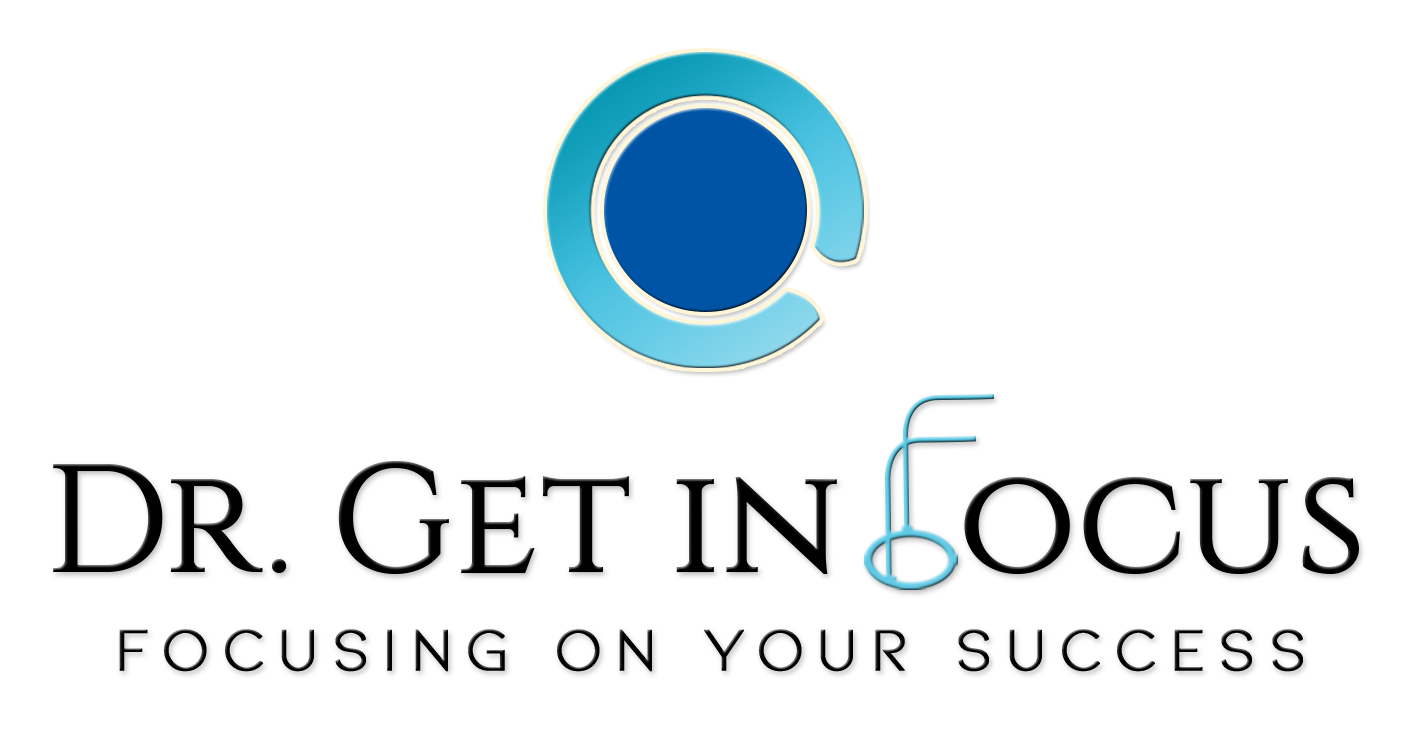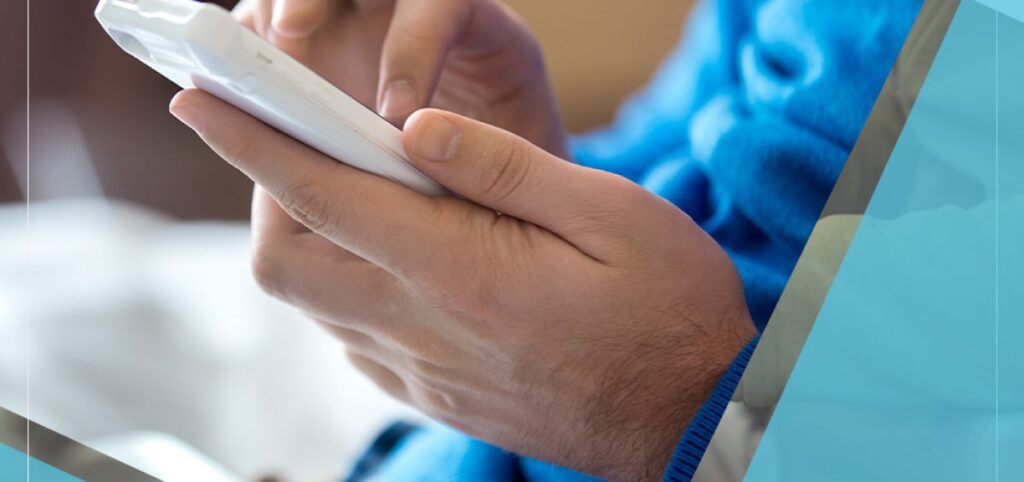ADHD IN THE REMOTE WORKPLACE
You've just pivoted to a Work from Home paradigm. It is working out great, but you find that some of your team members have difficulties focusing and are highly distracted. They also hyperfocus on some seemingly unimportant task... or they may even get stuck for hours in their own thoughts and get nothing done. This happened in the office too, but the effects are amplified in working from home alone. Your team member might be facing Adult Attention Deficit Hyperactivity Disorder (ADHD). Rather than being a barrier, though, ADHD can actually be an accelerator to skyrocket production. How do you leverage ADHD in the Remote Workplace Remote work is here to stay. What can you do with these people who are easily distracted? Fire them? I don't know if you would really want to do that. Aside from the distractions, people with ADHD can be very innovative and creative and bring a lot to the table. You could be violating the Americans with Disabilities Act (ADA) by doing so. It is best to accommodate them so that they thrive and skyrocket your company's productivity, and attain your mission that much faster. So what can you do? 1) Make supervisors aware. Awareness of ADHD in adults and its symptoms is necessary to understand the situations when they arise. Managers and supervisors should be aware of ADHD in the remote workplace symptoms. Hence, they know it isn't because the team member is lazy or a space cadet. If they can recognize that a person may be having focus issues, they can direct that person to resources. 2) Use Employee Assistance Programs (EAP). Unless you are a licensed psychologist or psychiatrist, you are not qualified to diagnose ADHD in the remote workplace, so you don't want to tell your teammate that they have ADHD. Fortunately, most of the tools and practices that allow those with ADHD to focus and skyrocket productivity, such as the Pomodoro System, can be used by anyone to eliminate distractions, better focus, and skyrocket productivity. There are workshops such as my Get in Focus and Skyrocket Productivity Workshop, https://getinfocusworkshop.drgetinfocus.com/, which can train someone in the tools of focus. There are also coaches who can help with this. 3) Provide physical accommodations. ADHD in the remote workplace may require some physical accommodations to decrease the number of distractions. The employer has much less control of these distractions in remote work than in a physical workplace. As someone with ADHD, I have to keep my home office door shut, and my curtains closed so I am not distracted by my cats fighting or some squirrel sitting on a car. A regular break schedule of 2.5 hours of work / 15-minute break simply does not work for people with ADHD. Having someone remain on task for 2.5 hours with no breaks is sheer torture. A schedule with 25-minute "Sprints" followed by 5-minute 'dance breaks" works best for me, and I have found a variation of this works well for most people I have worked with. Providing tools such as checklists, calendars, and the automation of the routine tasks is also a great idea, along with holding the teammate responsible for using these tools to reinforce workable behaviors. There is also a lot of legal mumbo-jumbo, so you may want to check with your lawyer to see what other accommodations need to be implemented for people with ADHD. ADHD is both a blessing and a curse. It can be a real blessing. People with ADHD can be highly successful in the right setting, have a strong awareness of the condition, and learn tools and strategies for coping with it. My Get in Focus and Skyrocket Productivity Workshop teaches these tools and processes, https://getinfocusworkshop.drgetinfocus.com/. By helping people better focus, and eliminate distractions, what may have been a barrier to a work from home paradigm can be an accelerator to skyrocket production.

